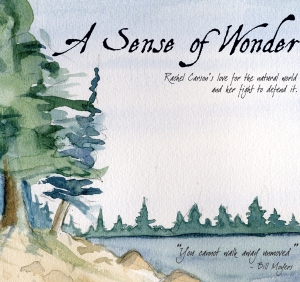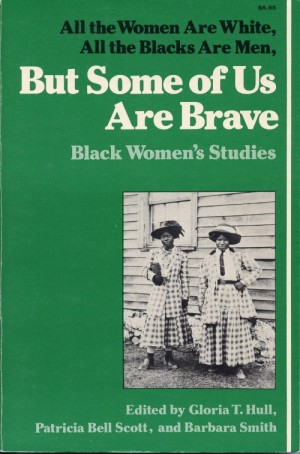
As a scientist, a writer, an activist, and a woman, Rachel Carson has inspired generations. Through her scientific integrity and elegant prose she became one of the 20th centuries most prescient scientific authors. And as an individual she battled economic adversity, family tragedy and gender stereotyping. She also reminds us that we each have not only the ability to make a creative difference in this world-we also have the responsibility to do so.
This Thursday, February 4th the film “A Sense of Wonder“, a film about Rachel Carson, will be shown as part of the Edwin Way Teale Lecture Series. Using many of Miss Carson’s own words, actress Kaiulani Lee embodies this extraordinary woman in a documentary-style film, which depicts Carson in the final years of her life. Struggling with cancer, Carson recounts with both humor and anger the attacks by the chemical industry, the government, and the press as she focuses her limited energy to get her message to Congress and the American people.
A Sense of Wonder
Thursday, February 4, 2010
4:00pm
Konover Auditorium
Rachel Carson was born in Springdale, PA on May 27, 1907. She graduated from Pennsylvania College For Women (now Chatham College), worked several summers at the Woods Hole Marine Biological Laboratory, then earned her masters in zoology from John Hopkins University. Carson worked for what was to become the U.S. Fish and Wildlife Service as a writer and biologist for nearly 16 years. While there she published her first two books, Under the Sea Wind, and The Sea Around Us. The latter became a best seller, winning her numerous literary award. Her next book, The Edge of The Sea, completed her sea trilogy.
In 1962 came Carson’s seminal work, Silent Spring, which alerted the world to the dangers of chemical pesticides and launched our modern environmental movement. Controversy swirled around the book as the chemical industry tried to suppress publication with a lawsuit. In 1963 Miss Carson testified before Congress, speaking out in an effort to protect human health and the environment from the cascade of poisons unleashed by the chemical industry. On April 14, 1964, Carson died from breast cancer.
But her legacy lives on. She was posthumously awarded the Presidential Medal of Freedom, the highest honor the U. S. government can award a civilian. Her determined labors led directly to the passage of such important laws as the Clean Air Act, the Clean Water Act, the National Environmental Policy Act and the Federal Insecticide, Fungicide, and Rodenticide Act. These laws remain the pillars of U.S. environmental law today.





